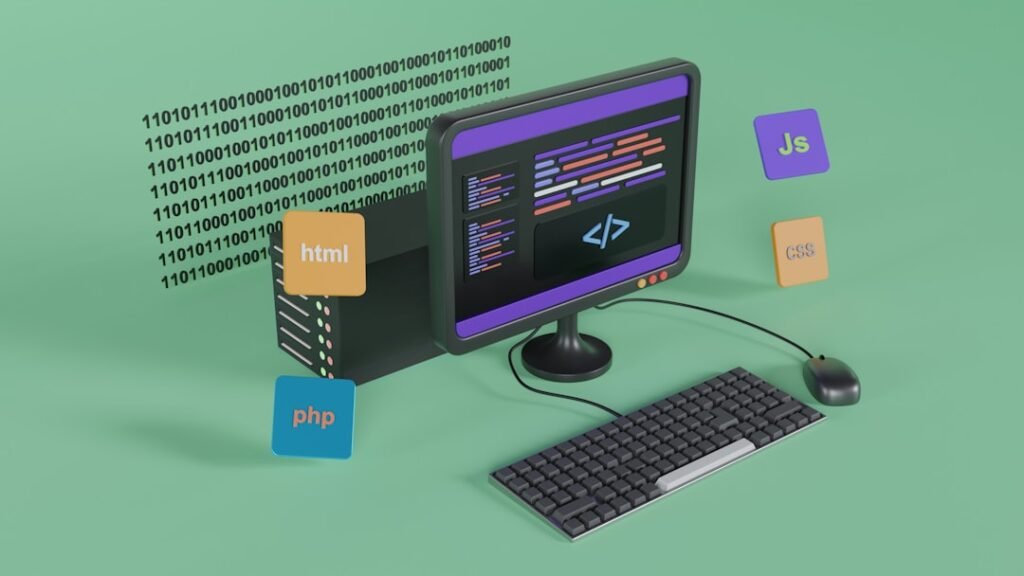As the Web3 industry rapidly expands, an increasing number of programmers, smart contract developers, and technical teams are participating in cryptocurrency projects as blockchain engineers or project consultants. However, many projects operating under the guise of ‘blockchain incentives,’ ‘token rewards,’ or ‘GameFi earnings’ may actually employ pyramid scheme mechanisms such as multi-level marketing and locked asset releases, carrying significant legal risks of being classified as organized pyramid scheme activities.
Judicial precedents reveal that in multiple virtual currency pyramid scheme cases, technical participants including programmers and contract developers—though not involved in promotion or fund management—have been deemed key enablers for creating reward logic, designing token models, or deploying smart contracts with hierarchical reward structures. Some were even classified as ‘organizers’ or ‘leaders.’
This article analyzes common criminal risk exposure points and judicial assessment logic for Web3 technical roles through典型案例, focusing on five critical questions:
1. Which developer behaviors may lead to pyramid scheme complicity?
2. Can outsourced technical teams be considered accomplices?
3. How are CTOs/technical partners legally defined as ‘organizers’?
4. Defense strategies for technical participants (acquittal, non-prosecution, or charge reduction).
5. Risk identification and legal safeguards for developers.
Key judicial cases discussed include:
– PlusToken: Developers of its ‘smart arbitrage system’ received 2-11 year sentences for creating the pyramid scheme’s technical infrastructure.
– EOS Ecosystem: Platform staff maintaining multi-level reward systems were convicted as accomplices.
Technical participants typically face liability under three roles:
1. High-risk positions: CTOs/technical partners directly building pyramid structures.
2. Controversial cases: Outsourced developers aware of multi-level reward mechanisms.
3. Defensible roles: Contract developers creating generic modules without project involvement.
Five high-risk scenarios for developers:
1. GameFi projects with referral reward systems
2. NFT platforms with tiered incentive features
3. Token launches embedding referral smart contracts
4. Cloud mining platforms with hierarchical profit-sharing
5. DAO projects with node reward mechanisms
The judicial focus remains on whether developers knowingly provided essential technical support to pyramid structures. The upcoming Part 2 will analyze defense strategies and evidentiary boundaries for technical participants.












